🤦 Morning Persons vs. Night Owls: Why One Shouldn't Try to be the Other 😴
Are you an early-riser or a night-owl? Is it true that Early risers are wealthier and smarter?
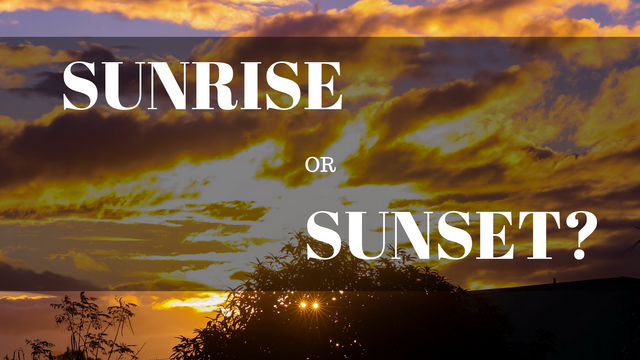
Research shows that morning versus evening types show a classic left-brain versus right-brain division. For about half of us, this isn’t really an issue. It’s estimated that some 50% of the population isn’t really morning or evening-oriented, but somewhere in the middle.
Let’s look at it from a balanced perspective:
The adage: “Early to bed and early to rise makes a man healthy, wealthy and wise” seems true on the surface. My initial thought (and maybe yours too) was that early-risers can do more everyday because they have more time. But when I remember my school days when everyday was too stressful and I never felt like I had enough time to cope up with homework, I thought about what time of the day I was most productive. I remember struggling at 6 a.m. in the first class, acing exams at 9-10 a.m. and having to take a nap at around 2 in the afternoon (if there’s nothing exciting enough to do, like any science experiment or shooting targets with BBs).
Now, although we know that productive hours vary from person to person, and also change throughout our lifetimes, some still say that the best decisions are made in the morning. A study in Israeli prisons concluded that most parole decisions given in favor of prisoners were done in the morning. Those prisoners heard in the afternoon had less chances of receiving parole, probably due to decision fatigue. That is, people have a tendency to make decision mistakes in the afternoon, having done much work all throughout the day. As a result, they ‘play safe’ and keep the prisoners they hear in the afternoon doing time.
Decision fatigue helps explain why ordinarily sensible people get angry at colleagues and families, splurge on clothes, buy junk food at the supermarket and can’t resist the dealer’s offer to rustproof their new car. No matter how rational and high-minded you try to be, you can’t make decision after decision without paying a biological price. It’s different from ordinary physical fatigue — you’re not consciously aware of being tired — but you’re low on mental energy. The more choices you make throughout the day, the harder each one becomes for your brain, and eventually, it looks for shortcuts, usually in either of two very different ways.
One way to respond to decision fatigue is to defer making decisions. While it can cause problems in the long run, it might be a better way than to become reckless and choose without thinking. Being 'reckless' when exploring new ideas and taking risks is great for creativity though.
But wait, it doesn’t even matter. I wake up at 11 a.m.!
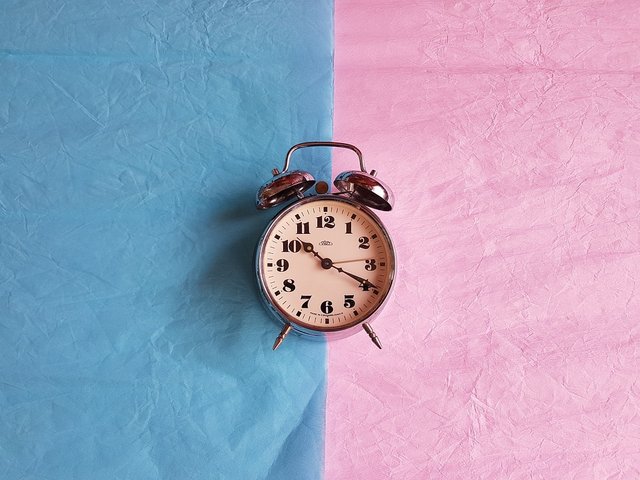
One of my previous colleagues told me that he makes up for lost sleep at weekends. He could sleep for nearly 24 hours! He’d take a nap in the afternoon and wake up by noontime the next day! I’m not sure how long my longest hours in bed were. What I was proud of was that there were times I stayed awake for 36 hours or more! This is because of the stigma late-risers get, even in my family. I never seem to have the luxury of sleeping for 10 hours or more.
What’s usually overlooked is how less productive we are during the hours we deliberately choose not to stay in bed.
Some people like me just can’t stand waking up at 5 a.m. five days a week! I rarely enjoy the sunrise for the simple reason that I can’t catch up. Now, with sleep apnea out of the equation (assuming effective treatment), I still tend to finish more posts and feel more comfortable finishing musical arrangement jobs late in the evening.
I have also read some studies about people with clinical depression, stating that they typically start to feel OK in the afternoon at around 4 p.m.
What is the science behind these observations?
Owls have problems functioning in the morning, making conventional daytime expectations significantly harder to meet, academically and socially. Social scientists call it “social jet lag”: More morning persons/larks tend to be happier simply because they seem to function optimally during the day.
evening types that force themselves to wake up early and perform at their peak during the day might cause themselves some sleep loss and emotional distress. They might also be less happy as a result.
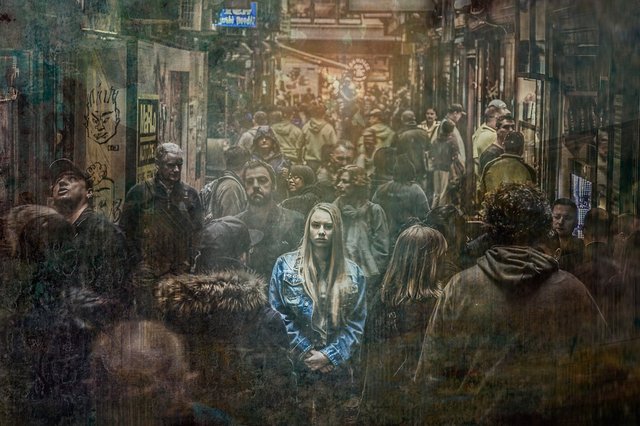
This is one of the reasons psychiatrists may ask about sleep patterns when interviewing or diagnosing patients for clinical depression. People feel much better if they don’t have to adjust to their schedule every single day. Our bodies are adaptable but to only a certain extent. Remember my oversleeping colleague I mentioned earlier? He seems to oversleep on weekends due to the fact that he’s a morning person and we had to work in the afternoon shift until late in the evening. I’m the exact opposite. I struggle in the morning and feel motivated between early evenings and midnight.
Up to 47% of it is inherited, which means if you want to know why you pop up at dawn each day (or never do), you should probably look at your parents. In many ways, that makes sense, since research shows that our chronotype, or internal clock, is mainly biological… Morning people are less likely to be depressed, drink or smoke and may even achieve more academically
This is one of those “life’s deepest secrets” I’m grateful for knowing!

Humans, on average, have internal body clocks that run at intervals of 24.2 hours. Everybody has to adjust anyways. The problem with night-owls is that their clocks run at even longer intervals. That means we have to adjust more and without external cues, we tend to fall asleep and wake up later and later over time. So before judging anyone (including yourself) as lazy and incompetent, keep in mind that you, after all, may have been victimized by your life’s lack of flexibility. We have been taught to be ‘flexible’ for our jobs but we were never told why exactly we’re sacrificing our health in order to remain on schedule and maintain our lifestyles. Most of us have only had vague ideas about work-life balance!
Are morning people ‘luckier’ for not having to drag themselves to begin every day?
It would be a long discussion with tons of research papers to review but so far, here’s what I have understood: Morning people tend to be happier probably because they’re more ‘in-sync’ with nature and conventional work/school schedules. It’s easier for them to wake up early and they don’t rely on caffeine or nicotine to function at their peak during daytime hours. That’s one of the reasons why morning persons seem to have fewer vices than night-owls. Either ways, when forced to stay awake during 'non-productive'/sleepy hours, one can respond with recklessness or creativity - with dangerous or stunning results.
Conclusion
These are eye-opening facts that changed my outlook on life.
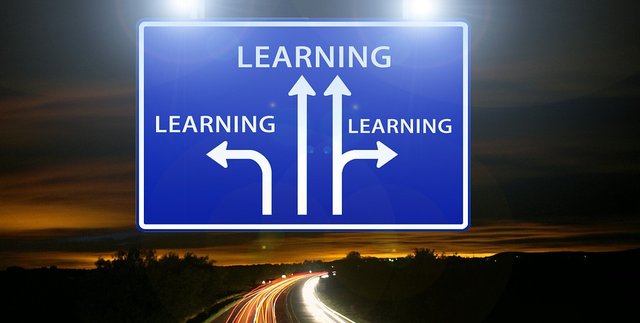
In our rush to figure out the ‘secrets’ of success, we tend to forget a couple of things. First, not all high achievers are early risers, and not all early risers are successful. (Famous late risers include Box CEO Aaron Levie and Buzzfeed CEO Jonah Peretti, plus creatives like James Joyce, Gertrude Stein, and Gustave Flaubert).
Learning about these concepts gives us an idea how different we are from each other. It’s but a miracle how a couple with lots of differences can stay together for a lifetime! Learning about the sacrifices and natural tendencies of each other can help us to appreciate all the hard work and advice from our loved ones so much better. Hence, I’d say to really understand a person, we need to appreciate the fact that genetically speaking, we’re not meant to be exactly the same as anyone else. Virtually every characteristic or classification belongs to a continuum. There are so many genetic traits that can hardly be changed and people also naturally change over time. That's why you might see a combination of different characteristics in an individual, making it really hard to put everyone into categories like “owls” or “larks”.
Many pieces of research and findings have to be linked together. One single research won’t answer all questions. Look: I wonder what the outcome would have been if the research with Israeli prisoners took into account the nature of the juries. What if they were all sleepy in the morning and they just dragged their feet to work? - You get the idea. On the other hand, it makes sense to think that many morning persons enjoy their lives because they can conform to society and adjust to regular work hours without too much sacrifice. Having worked both conventional and odd hours, I can conclude that working during my productive hours (5 p.m.-12 m.n.) is best. Having a flexible schedule is even better. If you'd ask me which one is better, being a 'lark' or an 'owl', I'd say I'd choose to be in the middle!
The first image is my original work.
Thanks for reading/viewing!
[Credits to the Author of Life]
Please consider casting your votes for the following witnesses: @curie, @surpassinggoogle, @steemgigs, @precise, @cloh76.witness, @ausbitbank, @teamsteem, @gmuxx, @hiroyamagishi, @elizahfhaye, @bayanihan, @papa-pepper, @steemph, @daveks, @jerrybanfield, @teardrops, @donkeypong, @davidpakman, @minnowsupport, @themarkymark, @blocktrades and @sndbox who have been adding invaluable contribution to the community.
To cast your votes, just go to
https://steemit.com/~witnesses

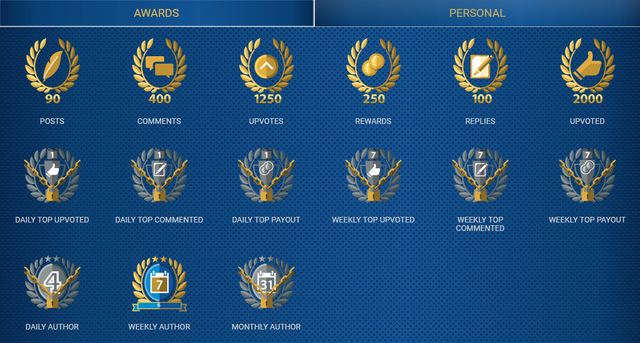
Please stay tuned for my favorite photos and the lessons I learned behind the scenes.
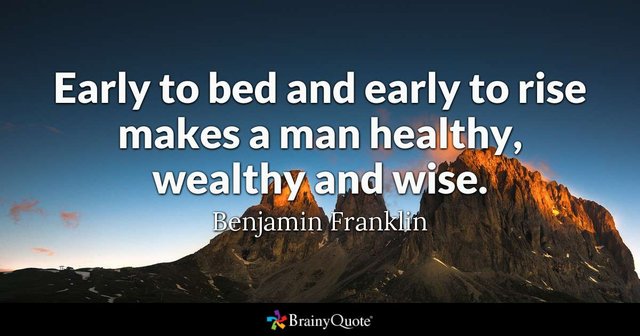
This post was shared in the Curation Collective Discord community for curators, and upvoted and resteemed by the @c-squared community account after manual review.
We're definitely night-owls. LOL! Morning gigs are definitely more challenging but thank God we can cope.
We're adaptable but to varying degrees and these info.helps me understand myself better. Women seem to be emotionally more complex, at least for me and sleep deprivation can definitely make things harder to manage.
You got a 64.29% upvote from @whalepromobot courtesy of @j-alhomestudio!
I transferred the wrong amount twice for this post, @hugo4u, I hope you can send a refund. Thanks!
Its ok. We missed out your message,but now its done.You, yourself will be very happy with the upvote and resteem. Thank you
Thank you! It was my mistake. I'm really happy about your service. Keep it up.
Regards @hugo4u
I've sent you 1sbd for your upvoting/resteeming platform
Hope all is well and you'll resteem this link
https://steemit.com/dsound/@luciannagy/20180621t213710449z-fantasie--rondo-c-m-von-webber-fantasie--rondo-for-clarinet--piano-live-in-ulm-1999
Thanks
Regards @hugo4u
I've sent you 1.5 steem for promoting my composition Carpathian Ritual
https://steemit.com/dsound/@luciannagy/20180620t220142801z-carpathian-ritual-composed-by-lucian-nagy
and there's no resteem/upvotings by whales etc
Hope it will be ok and the whole process will happen'at least to recover my investment
Regards @hugo4u
One must not underestimate the power of forming a habit though.
While an initial change in sleeping schedule may feel harsh and overpowering, one will eventually get used to it. Especially if the reasons are consciously made to one owns benefit.